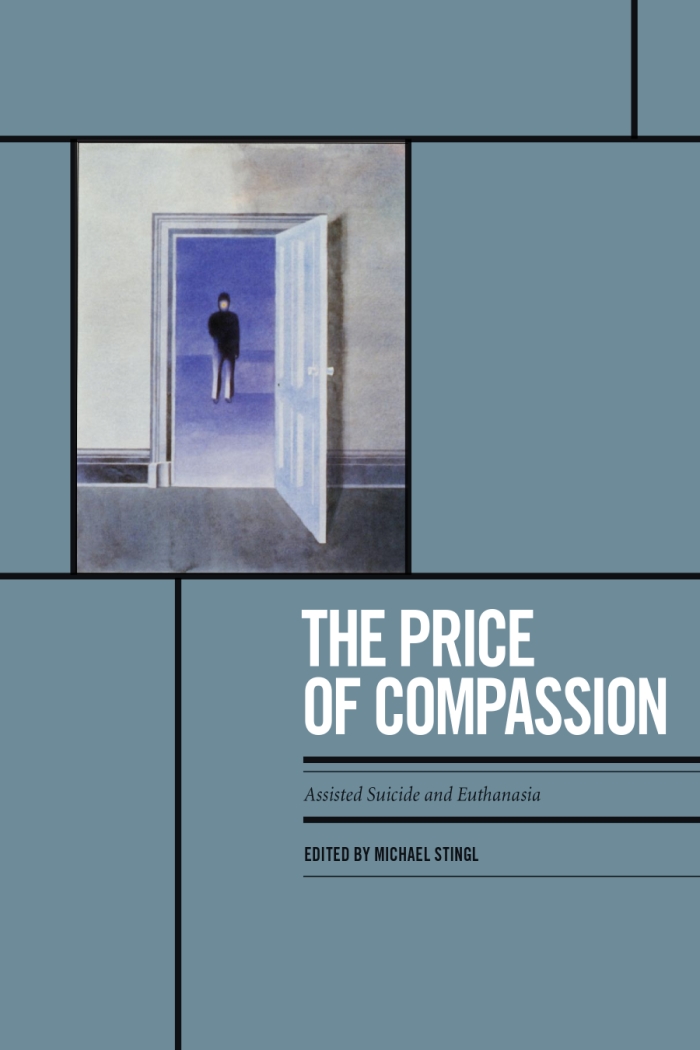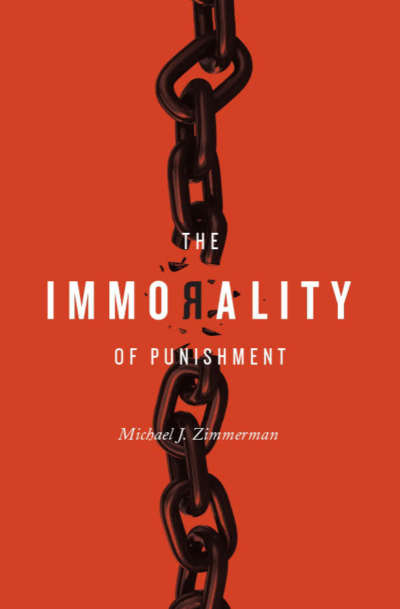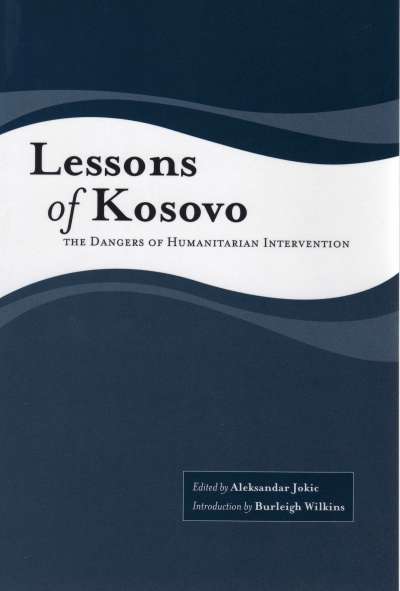This important book includes a compelling selection of original essays on euthanasia and associated legislative and health-care issues, together with important background material for understanding and assessing the arguments of these essays. The book explores a central strand in the debate over medically assisted death, the so called “slippery slope” argument. The focus of the book is on one particularly important aspect of the downward slope of this argument: hastening the death of those individuals who appear to be suffering greatly from their medical condition but are unable to request that we do anything about that suffering because of their diminished mental capacities. Slippery-slope concerns have been raised in many countries, including Britain, the Netherlands, Canada, and the United States. This book concentrates most of its attention on the latter two countries.
Comments
“An excellent compilation of resources on euthanasia and physician-assisted suicide that will be extremely valuable for anyone interested in developments in this area in the United States and Canada.” — Peter Singer, Ira W. DeCamp Professor of Bioethics, Princeton University
“Not everything has been said about euthanasia and the demands of compassion. This timely collection by Michael Stingl adds a new and much needed dimension to the debate. It explores similarities and differences between voluntary and non-voluntary euthanasia and tackles the thorny issue of the so-called slippery slope. Stingl and his well-chosen contributors dismantle philosophical, legal, and social myths and reveal important logical weaknesses in earlier debates. While the focus is largely on Canada and the US, the question of what we owe the hopelessly ill and suffering is universal.” — Helga Kuhse, Monash University, Australia
“Assisted death is both an increasingly pressing public issue and a highly teachable topic in the philosophy classroom. This volume is a first rate contribution for both audiences. It is particularly valuable for focusing on key aspects of the issue that often do not get the attention they merit: the justifiability of non-voluntary euthanasia, the nature and prospects of slippery slope arguments, the relationship between assisted death and palliative care, the attitudes of persons with disabilities, and the place of assisted death in different health care systems. The editor is to be commended for assembling such a timely and important collection.” — Wayne Sumner, University of Toronto
“Many critics of voluntary medically assisted dying claim that were it to be endorsed society would be propelled down a slippery slope culminating in approval of non-voluntary euthanasia. But they rarely even credit the possibility that cogent arguments might be advanced for the moral justifiability of selected instances of non-voluntary euthanasia. In contrast, the core essays in The Price of Compassion take this possibility seriously by offering careful assessments of a variety of arguments inspired by the famous Canadian case of R v. Latimer. They make the collection not only distinctive but a significant addition to the growing number of works on medically assisted dying.” — Robert Young, La Trobe University, Australia













